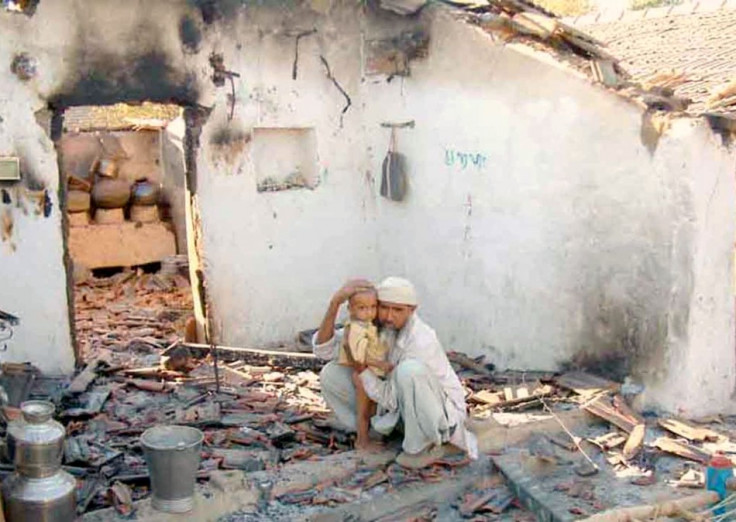Gujarat riots: 24 people convicted in Gulbarg Society massacre case

An Indian court has convicted 24 people involved in the 2002 massacre that took place in the state of Gujarat. More than 1,000 people, mostly Muslims, had been killed in the riots that lasted for three days.
A local leader of the Vishwa Hindu Parishad (VHP) is among those convicted. On 2 June, the special court's judge PB Desai also acquitted 36 others for lack of evidence, the BBC reports. The years-long trial saw more than 300 witnesses giving their statements.
The Gulbarg Society residential complex, in Gujarat's Ahmedabad city, was one of the main targets of the rioters, where many Muslims were burnt alive and their properties set ablaze.
"I am happy 24 accused were convicted but sad that 36 others have been acquitted. This is incomplete justice and I will fight till the end," The Express Tribune reported Zakia Jafri as saying. Her husband, a prominent Muslim politician, was killed in the riots.
Jafri also accused Prime Minister Narendra Modi, who was then chief minister of the state of Gujarat, for turning a blind eye to the violence.
Modi has constantly maintained he played no role in the violence. In 2013, a Supreme Court panel found little evidence to prosecute him.
The burning of a train in Godhra on 27 February 2002, which claimed the lives of at least 60 Hindu pilgrims returning from Ayodhya, is believed to have prompted the violence. Muslims were thought to have started the train fire and became the targets of rampaging Hindu mobs.
The judgment comes 14 years after the communal massacre, believed to be one of the worst riots since India's independence.
Initially, the Gujarat police handled the case, which later came under an independent Special Investigation Team (SIT) appointed by India's Supreme Court in 2008.
© Copyright IBTimes 2025. All rights reserved.





















